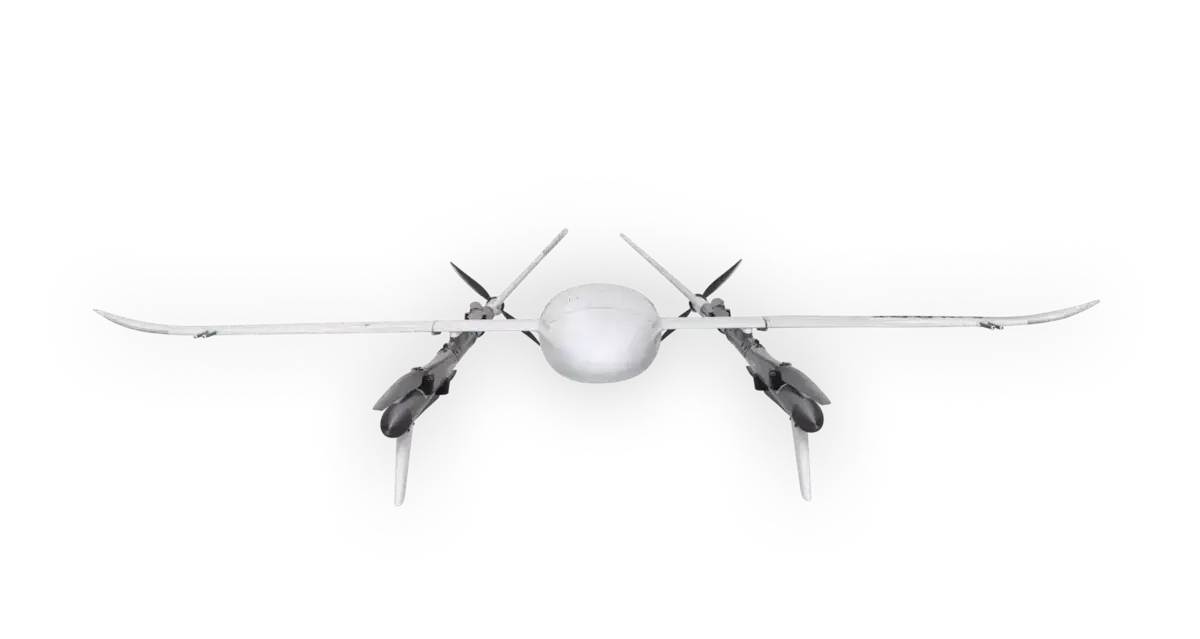Australian-made, Australian impact
11 June 2021
Australian-made, Australian impact
Innovation is a catalyst for development in the global economy
“Innovation has long been recognized as an important driver of economic growth. …innovation leads to new and improved products and services, higher productivity, and lower prices.” Atkinson, R.D, McKay, A.S, (2007)
International competitiveness, prosperity, and sustainable development increasingly depend on innovation, especially in advanced economies such as Australia. Whilst country success in the future global economy will undoubtedly require both governments and companies to be more innovative, the global pandemic has accelerated this trend, particularly as countries need to source innovative and technological-based solutions to support the rapid distribution and resupply of PPE, COVID-19 tests, results, and vaccines.
But what do we mean by innovation?
As the cornerstone of the globalized economy, innovation is defined as the transformation of knowledge into new products, processes, and services. It involves discerning and meeting the needs of organizations as well as breakthroughs in research and development, science, and technology. This process is best described as a complete innovation system.
In essence, innovation is ideas applied successfully.
Australia’s innovation gap
In recent decades, Australia has typically remained dependent on the natural resource commodity cycle to underwrite its development as one of the world’s richest and most prosperous countries. The enormous wealth generated by iron ore, coal, oil, and gas over the last 20 years has invariably contributed to a short-term economic model, which has failed to recognize, develop and advance the long-term and scalable industries necessary to sustain Australia’s position among the world’s top thriving nations.
Lessons from the globalized economy preach that if a nation is to succeed in economic growth and security over the long term, there is a need to move from a ‘commodity culture’ to an ‘innovation culture’. This movement establishes higher economic complexity through knowledge-based products like education, tourism, and STEM, as well as services in global markets and value chains.
Australia’s shortfalls in innovation are well-documented. In global rankings of economic complexity — a measure generally correlated with future economic growth — Australia ranked as 93rd out of 228 countries, lagging behind countries such as Kazakhstan, Uzbekistan, Botswana, Uganda, and Senegal, and only just ahead of Pakistan and Mali. The Harvard Kennedy School’s Centre for International Development research found that Australia’s research and development (R&D) spending as a percentage of global domestic product (GDP) has decreased every year of the past decade (decreasing from 2.2% of GDP spending in 2010 to 1.9% in 2017).
“Put simply, Australia is rich and dumb, and getting dumber”. (Australian Financial Review, 2019)
Australia’s approach to addressing these cyclical innovation challenges has tended to focus on internal developments, while often ignoring the innovation(s) occurring overseas and — most critically — how to bring more of it to Australia. Australian-born and bred companies, such as Swoop Aero, are future-proofing the Australian economy by injecting much-needed and internationally-proven technological innovations into the domestic health supply chain so as to render more efficient services, higher productivity levels, and generate new industries within the domestic economy.
Future-proofing Australia’s Health Supply Chain
“Technology plays a critical role in transforming societies and economies through enhancing efficiency, connectivity, and access to resources and services.” United Nations (2017)
In order to future-proof and support a rapidly growing and ageing population, Australia must become a ‘smart’ nation, drawing on knowledge and ideas in order to build competitive and sustainable businesses that yield high skill, high productivity jobs as well as capture value through the integration of innovative and technological-based solutions into the global economic system.
Across Africa, Swoop Aero has demonstrated the success of a proven and real-world technology-based solution to overcome inequalities in access to essential health supplies. In Malawi, DR Congo, and Mozambique, Swoop Aero has successfully integrated bidirectional drone networks into the existing health supply chain to enable the routine and sustainable delivery of vaccines, blood and pathology samples, routine medications as well as emergency health commodities, including oxytocin, the rabies vaccine, and HIV early diagnosis kits.
In recent months, Swoop Aero’s bidirectional drone networks have supported national governments around the world to respond effectively to the COVID-19 pandemic: transporting PPE and COVID-19 tests and results to alleviate the systemic pressure placed on the health sector to respond, test, treat and prevent the further deterioration of community health and wellbeing. In Scotland, for example, Swoop Aero worked alongside our partners at Skyports for the NHS Scotland to transport emergency COVID-19 test samples and pathology results across the Highlands and Isles, reducing average transport time from 20 hours to 1 hour.
The Swoop Aero air logistics platform has a proven use case for supporting the stabilization and strengthening of health supply chains globally. As a marker of innovation and demonstrated commitment to supporting the Australian health system, Swoop Aero is bringing the technology home, in a world first, to enable rural Australian communities to access the essential supplies they need, when they need them. In the coming months, Swoop Aero will leverage our proven and real-world technology-based platform to support the varied and diverse needs of impact-orientated organizations across Australia.
To learn more about Swoop Aero’s Australian operations, and our innovative approach to healthcare delivery, check out Swoop Aero’s coverage on the Network Ten documentary, “Advancing Australia” (also available on 10 Play).

